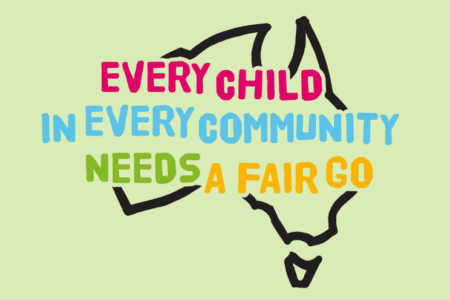Seeking & Sharing Joy
Renowned theologian & Yale Professor Miroslav Volf recently commissioned the project to determine a Theology of Joy and the Good Life. For more information, you can read Professor Volf’s reflections on the ABC Religion & Ethics website.
Notably, this project has shaped the emergence of Joy as a central metaphor for youth ministry.
The team at UCAYouth are exploring the possibilities that aligning ministry with young people around ‘joy’ could offer. We look forward to conversations with communities, leaders and young people as we further develop our understanding. We also wanted to share three new texts which will shape our work.
Delighted is the first book to emerge from the Yale Centre for Faith and Culture’s Adolescent Faith and Flourishing project, offering a sustained reflection on joy’s practical importance for youth ministry. With reflection questions offered at the end of each chapter, Delighted is easy for youth ministers, volunteers, and pastors to pick up and use immediately—tapping into young people’s instinctive desire for joy for the entire church, as well as for ministry with teenagers.
Andrew Root’s The End of Youth Ministry? was the focus of two book clubs in 2020. This book explores how parents’ perspectives of what constitutes a good life are affecting youth ministry. In today’s culture, youth ministry can’t compete with sports, test prep, and the myriad other activities in which young people participate. Through a unique parable-style story, Root offers a new way to think about the purpose of youth ministry: not happiness, but joy. Joy is a sense of experiencing the good. For youth ministry to be about joy, it must move beyond the youth group model and rework the assumptions of how identity and happiness are imagined by parents in American society.
Joy: A Guide for Youth Ministry asserts that to reclaim joy is to retrieve a practicable virtue of the Christian faith, express gratitude for God’s gracious gifts, move us to worship, and empower us for active love of God and neighbour. This book points to a Christian faith that is grounded in a consequential way of life, including substantive moral ethical virtues and a sacramental ontological vision in which all of life participates with God. It focuses on practices that enhance joy by pointing to the contingency of human life and our participation with God’s redemption work for all creation. At root, a Christian life is ordered by worship and practices that recognise, celebrate, and respond in joy in light of humanity’s contingency and God’s gratuitous liberation of all creation.
Finally, if reading isn’t your thing, here’s a profound conversation between Miroslav Volf & Jürgen Moltmann on a theology of joy.





